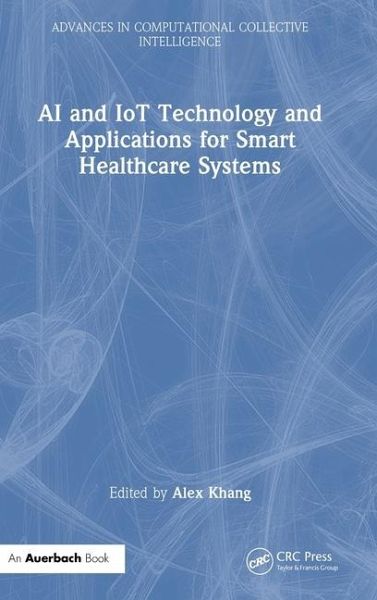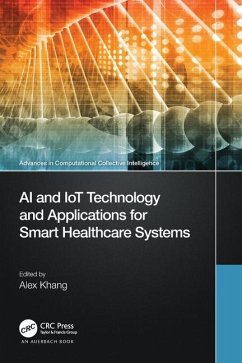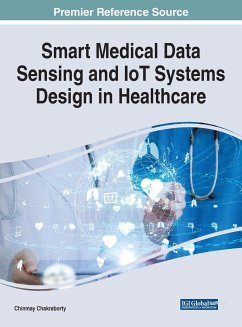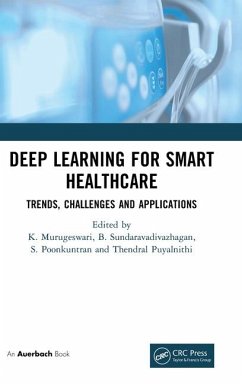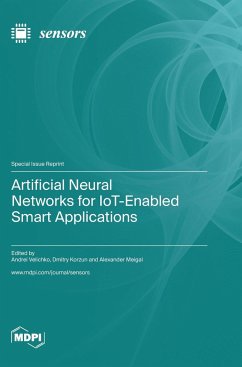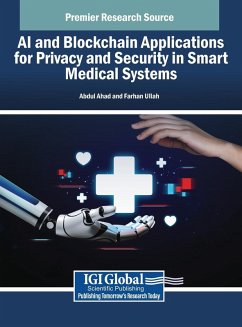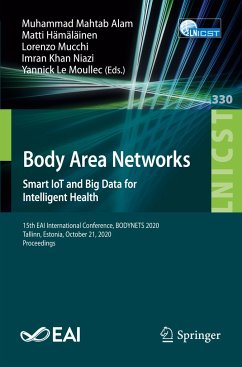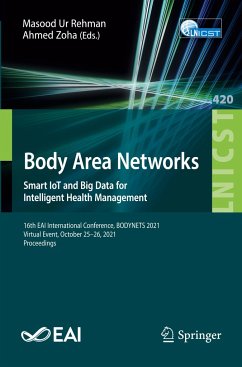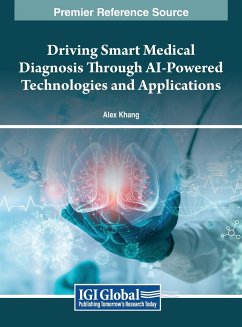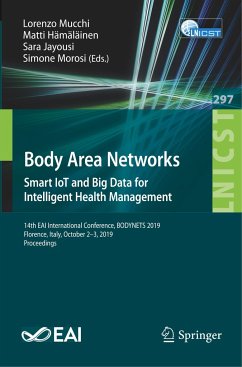Dr. Alex Khang, is a professor in information technology, D.Sc. D.Litt., AI and data scientist, software industry expert, and the chief of technology officer (AI and Data Science Research Center) at the Global Research Institute of Technology and Engineering, North Carolina, United States. He has over 28 years of teaching and research experience in information technology at the Universities of Science and Technology in Vietnam, India, and USA. He has published 52 authored books (in computer science 2000-2010), 2 authored books (software development), and 20 book chapters. He has published 10 edited books, and 11 edited books (calling for book chapters) in the fields of AI ecosystem (AI, ML, DL, IoT, Robotics, Data science, Big data, and Quantum computing), smart city ecosystem, healthcare ecosystem, Fintech technology, and blockchain technology (since 2020). He has over 28 years of working experience as a software product manager, data engineer, AI engineer, cloud computing architect, solution architect, software architect, database expert in the foreign corporations of Germany, Sweden, the United States, Singapore, and multinationals (former CEO, former CTO, former Engineering Director, Product Manager, and Senior Software Production Consultant). ORCID: 0000-0001-8379-4659.
